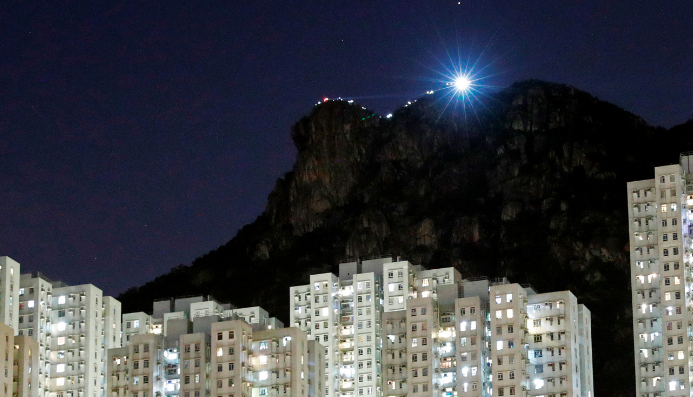I’m finishing my second novel, but in the last few months I’ve spent some time with my first, The Demon in Business Class, as it enters a new medium. The amazing voice actor Laura Petersen has recorded the audiobook — early spring release! don’t worry, I’ll be posting about it.
I’ve been pitching in doing proofs, catching small errors, but mostly just being regaled. Petersen is hugely talented, nailing Demon‘s scores of worldwide accents, and also finding subtle line readings in both narration and dialogue. It’s been a wonderfully self-congratulatory exercise. Gosh I’m a good writer. I should do it more.
I’ve also heard how good I am at forecasting. I wasn’t looking too far ahead, and I had the small advantage of being a few years ahead of the times in my book.
Even so, I got everything right.
Back-cover copy is about drama, and my novel had that in spades, with fantastic powers, violence, conspiracies, and troubled romance. The Demon in Business Class also has: elites failing to see the difference between what’s good, and what’s good for them; religious people ever more tempted, and corrupted, by temporal power; the dissatisfaction with globalization; the angry assault on patriarchy; Russia’s aggressive refusal to play by American rules; China’s ever-greater confidence; a greater role for mysticism in public life.
I don’t mean to brag, exactly. It’s hard to take comfort in being right about so many things that wouldn’t be my first choice if I had a say.
Still, I did way better with my calls than most pundits and politicians. I am attentive to subtle currents and a clear-eyed thinker. It helps to remember that things always change, and that nature abhors a vacuum. These are cliches because of our complacency; step back, and they contain terrors.
I have my own formula, once a line of dialogue from an early failed novel, now a personal mantra, my walking stick as I scramble ahead of changes.
It says: When there’s no place else to go, you go there.
There’s been a lot of going there the past few years. More to come. Trust me, I have a good track record.
And, gosh, I’m a good writer. I should do it more.
